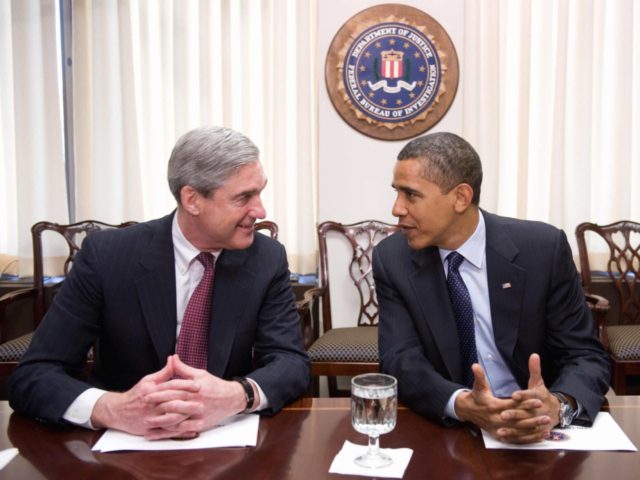Viewed in isolation, the decision by Deputy Attorney General Rod Rosenstein to appoint former FBI Director Robert Mueller as Special Counsel to investigate possible connections between the Trump campaign and the Russian government is defensible, and even good, though unnecessary.
Rosenstein was virtually a consensus appointment and was perfectly capable of supervising the investigation in a fair, impartial and credible manner.
However, Rosenstein was part of President Donald Trump’s decision to fire James Comey as FBI director last week. Critics allege that was an attempt to interfere in the Russia investigation.
By delegating the task of overseeing the investigation to someone outside of that decision chain, Rosenstein has protected the integrity of his office and the image of the investigation. The fact that Mueller worked under the previous administration also helps in that regard.
But viewed in recent historical context, the appointment of a Special Counsel is unfair and indefensible. President Barack Obama faced a large number of scandals, many of which involved apparent violations of federal law. And yet in eight long years, Obama skated by without any serious investigations by the Department of Justice, or with investigations that were quashed from above. It seems Republican administration are held to a higher standard.
The most glaring example is, of course, the Hillary Clinton e-mail scandal, which is connected to broader claims of corruption involving the Clinton Foundation. President Obama told 60 Minutes in 2015 that Clinton had simply made a mistake: “I don’t think it posed a national security problem,” he said. The media bought it — and so did the Department of Justice, despite a mountain of evidence that she had been “extremely careless,” as Comey put it later.
Another example that still rankles conservatives was the IRS scandal, where there were clear violations of federal law, including the deliberate leak of confidential taxpayer information to partisan groups, as well as violation of conservatives’ civil rights. Yet the Department of Justice let former IRS official Lois Lerner, and her bosses, off the hook, saying the IRS was merely guilty of “mismanagement, poor judgment and institutional inertia” but no crimes.
There was also the Fast and Furious scandal, where the Obama administration, under the supervision of Attorney General Eric Holder, supervised the smuggling of weapons across the Mexican border, ostensibly to trace their path through drug cartels, but more likely as a pretext for gun control. Obama tried to use his executive privilege to cover up related documents, and Holder was held in contempt of Congress — but nothing more.
In the Stuxnet scandal, where the Obama administration leaked information about a computer virus that had been created to destroy Iranian nuclear centrifuges, the White House specifically rejected calls for a special counsel or special prosecutor. Retired Marine Corps General James E. Cartwright was eventually found guilty, but benefited from a lame-duck pardon by President Obama, setting a dangerous example for future leakers of national secrets.
And there were also the numerous times Obama administration officials lied to Congress. Holder lied to Congress, under oath, about whether he had discussed prosecuting journalists. But Holder had ordered the wiretapping of Fox News reporter James Rosen. Former Director of National Intelligence James Clapper also lied to Congress about data collection on U.S. citizens. The Department of Justice never appointed a special counsel to investigate.
The double standard is glaring. Some Republicans feel the appointment of a special counsel in the Russia case is evidence their party lacks the Democrats’ will to fight.
But Rosenstein’s decision was not a partisan one — and, arguably, it is better that the eventual exoneration of the president will be seen as impartial.
Still, the imbalance remains, and might only begin to be rectified if the FBI and DOJ pursue the leakers and unmaskers causing havoc with our democracy.
Joel B. Pollak is Senior Editor-at-Large at Breitbart News. He was named one of the “most influential” people in news media in 2016. He is the co-author of How Trump Won: The Inside Story of a Revolution, is available from Regnery. Follow him on Twitter at @joelpollak.
This post has been updated to include the Stuxnet scandal.

COMMENTS
Please let us know if you're having issues with commenting.